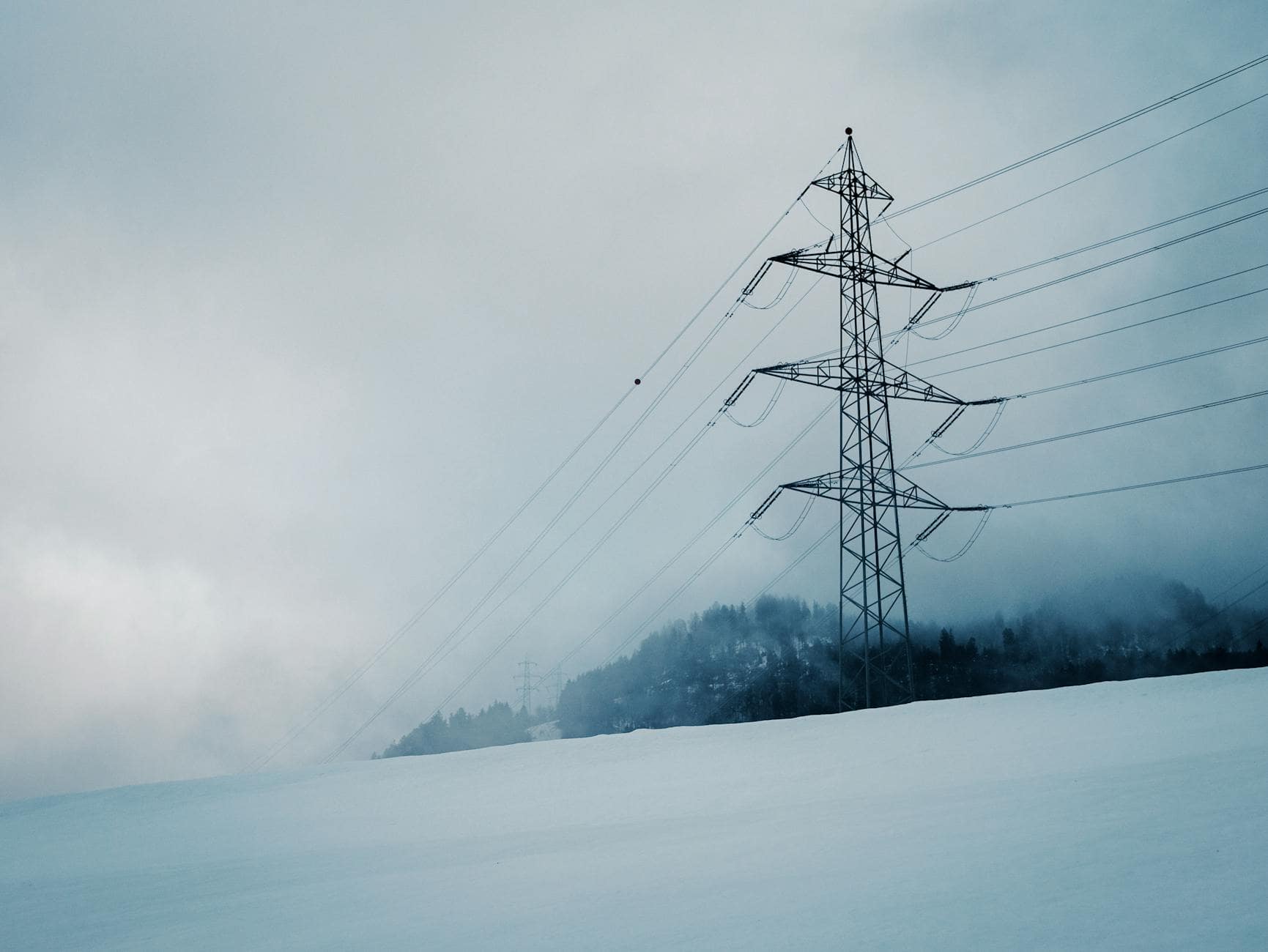Switzerland relies heavily on it’s neighbours to keep its lights on and its electricity supply remains exposed to uncertainty, according to the Federal Electricity Commission (ElCom). In a press briefing on Thursday, the regulator warned that electricity reserves will continue to be necessary in the medium term, despite a broadly secure outlook for the coming winter.
While ElCom expects supply security to be maintained through winter 2025, risks persist—chiefly around import capacity, the pace of renewable energy development, and the trajectory of domestic consumption. Volatile gas markets, fragile European storage levels, and geopolitical instability also continue to cloud the continent’s energy outlook.
Gas-fired power stations remain a cornerstone of European energy security, ElCom noted, but gas availability is far from assured. Reservoir levels across Europe are low, and refilling rates are uncertain heading into the colder months. The Swiss and broader European gas stockpiles are again approaching critical lows.
On the positive side, ElCom cited the improved availability of France’s nuclear plants and continued expansion of renewables as stabilising factors. Nevertheless, the regulator stressed that weather conditions—as last winter demonstrated—can significantly affect power generation at the continental level. The all-clear cannot yet be sounded, it concluded.
To hedge against supply risks, ElCom continues to recommend winter reserves, including both hydropower and thermal capacity. These buffers, the commission argues, are vital to navigating peak winter demand and potential import shortfalls.
Electricity prices for consumers may decline slightly, said the president of ElCom, while director Urs Meister added there were currently no signs of shortage on energy markets.
Structural challenges beyond 2035
ElCom has also updated its medium- and long-term security-of-supply scenarios, initially modelled in 2023. It now projects electricity demand will rise by 17% to 34% by 2035, driven by increased electrification of transport, heat pumps, and the expansion of data centres.
Meanwhile, renewables are expected to grow, and the Beznau nuclear plant—the world’s oldest operating nuclear plant—will remain online until at least 2033. The Leibstadt and Gösgen reactors are expected to operate beyond 2035.
More on this:
ElCom press release (in French) – Take a 5 minute French test now
For more stories like this on Switzerland follow us on Facebook and Twitter.
